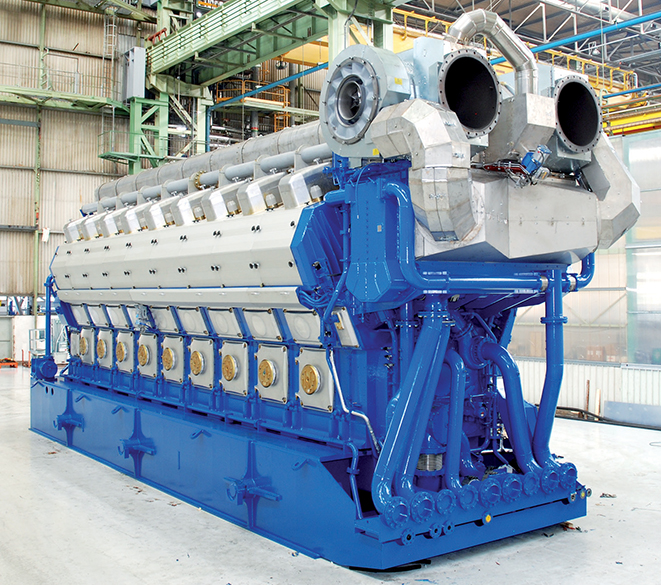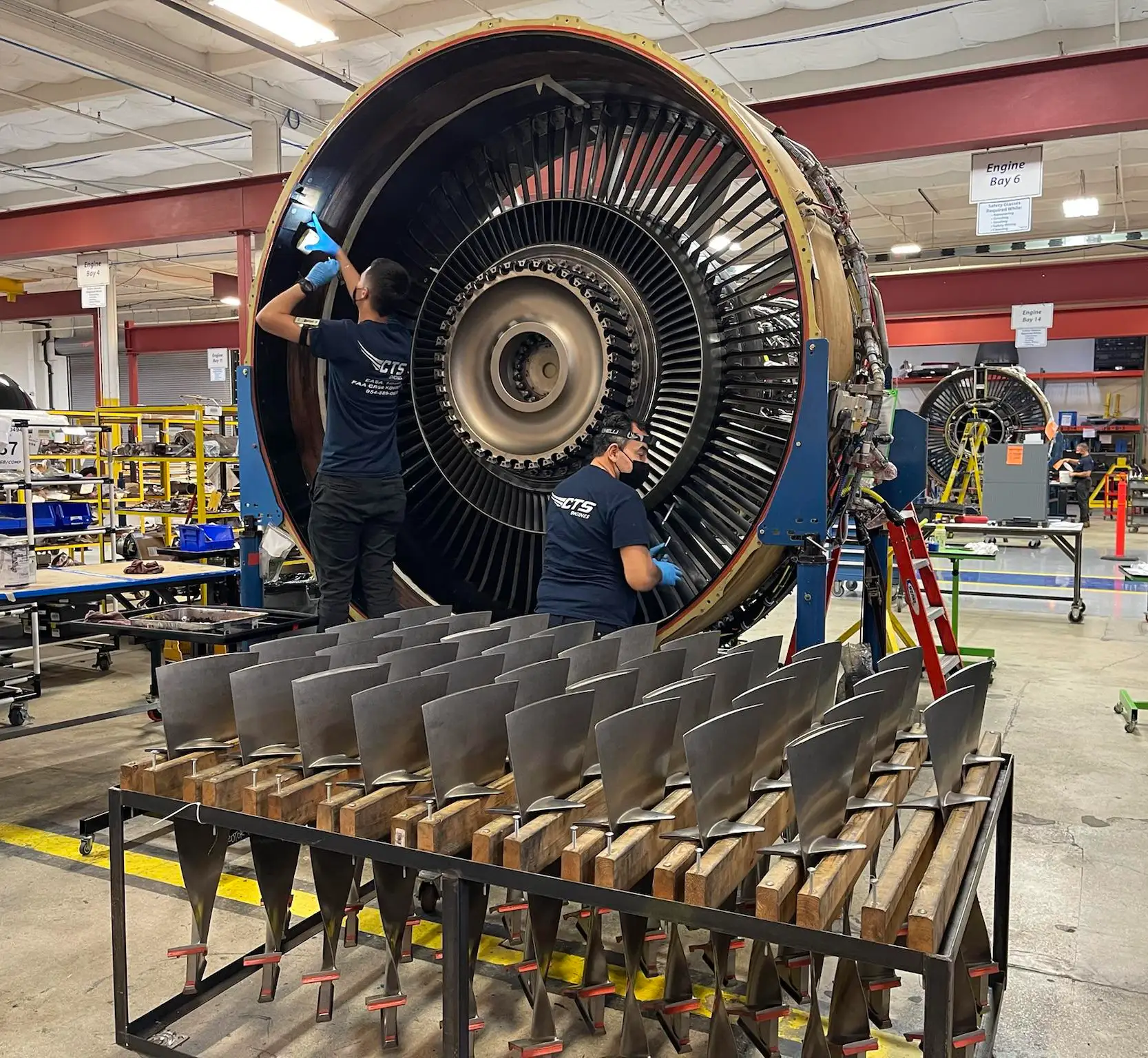Top-Rated Distributors: Engines For Africa Uses Dependable Power
Top-Rated Distributors: Engines For Africa Uses Dependable Power
Blog Article
Discover a Large Range of Engines for Every Car and Function
The automotive landscape is significantly complicated, with a diverse variety of engine types made to satisfy specific efficiency and efficiency needs throughout various automobile classifications. In addition, durable engines offer the requirements of work lorries, while green choices are obtaining traction in the search of sustainable transport.
Types of Automotive Engines
Automotive engines can be classified into a number of distinct types, each made to satisfy specific efficiency and effectiveness needs. The most usual categories consist of internal burning engines, electric engines, and crossbreed systems.

Electric engines, on the other hand, operate electric power saved in batteries, offering instantaneous torque and no emissions. These engines are coming to be significantly prominent as a result of innovations in battery innovation and the growing focus on sustainability.
Hybrid systems integrate both internal burning and electric engines, making it possible for automobiles to maximize fuel performance and decrease exhausts by effortlessly switching in between power resources. Each engine kind presents its benefits and disadvantages, influencing variables such as car layout, planned use, and market need. When choosing the proper engine for their details demands., understanding these differences is essential for consumers and producers alike.
Efficiency Engines for Sports Cars
Performance engines for sporting activities autos are specifically engineered to deliver enhanced rate, agility, and power, establishing them apart from basic automobile engines. These engines typically use innovative innovations such as turbocharging, supercharging, and variable valve timing to optimize performance and responsiveness.
Normally, efficiency engines are created with higher compression ratios, which allow for better power removal from fuel. This results in outstanding horsepower and torque numbers, making it possible for quick acceleration and higher full throttle. The lightweight materials made use of in these engines, such as aluminum and carbon fiber, add to decreased overall automobile weight, enhancing handling and ability to move.
Engine setups like V6, V8, and also hybrid systems prevail in performance cars, each offering one-of-a-kind advantages in terms of power shipment and driving dynamics. The adjusting of these engines is also crucial; lots of producers maximize the engine management systems to supply a thrilling driving experience, frequently consisting of sporting activity modes that change throttle response and gear changes.
Efficient Engines for Daily Commuters
In the realm of day-to-day commuting, reliable engines play a crucial function in maximizing fuel economic situation and lessening exhausts while providing trusted performance. As metropolitan populations expand and environmental worries intensify, the demand for automobiles outfitted with efficient powertrains has actually surged.
Modern engines made for everyday travelers commonly include innovations such as turbocharging, direct gas shot, and hybrid systems. Turbocharging boosts engine performance by forcing more air into the burning chamber, permitting for smaller sized, lighter engines that do not endanger power result. Direct fuel injection improves fuel atomization, causing much better burning and raised efficiency.
Hybrid click engines, integrating interior burning with electric power, further increase fuel economic climate, especially in stop-and-go website traffic, where typical engines can deal with ineffectiveness. Electric electric motors aid during acceleration and can run individually at reduced speeds, decreasing general gas consumption.
Furthermore, improvements in engine monitoring systems and lightweight materials add significantly to effective engine design. By concentrating on performance, sturdiness, and environmental sustainability, makers remain to deliver engines that not only meet the demands of day-to-day travelling but additionally straighten with worldwide initiatives to minimize carbon footprints.
Heavy-Duty Engines for Work Automobiles
Heavy-duty engines for work vehicles are routinely engineered to provide exceptional torque and reliability under requiring conditions. These engines are developed to perform in atmospheres where standard engines may fail, such as building and construction sites, logging procedures, and farming settings. The main focus of sturdy engines is their ability to produce high degrees of power while keeping sturdiness over extended durations of operation.
Commonly, heavy-duty engines make use of sophisticated products and robust building methods to hold up against the rigors of hefty work. Attributes such here are the findings as enhanced cylinder blocks, enhanced air conditioning systems, and advanced gas shot technologies add to their performance. These engines frequently run at reduced RPMs, which helps to enhance gas efficiency while supplying the necessary power for lugging and hauling.
In addition to mechanical toughness, heavy-duty engines are often equipped with sophisticated electronic control systems (ECUs) that take care of performance, exhausts, and diagnostics. This integration enables better monitoring and maintenance, guaranteeing that work lorries continue to be efficient and functional.
Eventually, sturdy engines are a vital part in the efficiency of numerous sectors, giving the needed power and integrity to tackle the most difficult of tasks.
Eco-Friendly Engine Options
The growing focus on sustainability has actually caused the growth of environment-friendly engine choices that prioritize decreased exhausts and boosted fuel performance. These engines are designed to minimize the environmental influence of vehicles while still supplying the efficiency and dependability expected by consumers.
Amongst the most remarkable environment-friendly choices are hybrid and electric engines. Hybrid engines incorporate traditional internal burning engines with electrical propulsion, enabling minimized gas intake and reduced greenhouse gas emissions. Electric engines, on the other hand, operate entirely on battery power, producing no tailpipe exhausts and adding to cleaner air quality.
Another appealing advancement is the improvement of biofuel engines, which utilize renewable energies, such as plant materials, to power vehicles (Engines For Africa). By using biofuels, these engines can reduce dependence on nonrenewable fuel sources and lower general Bonuses carbon impacts

As the automotive industry progresses, eco-friendly engine choices will play a critical duty in driving the change towards even more sustainable transportation services.
Conclusion
The automotive industry provides a varied selection of engines created to fulfill various vehicle demands and functions. From high-performance engines that enhance cars abilities to effective designs focusing on gas economic climate for everyday commuters, each kind offers a details feature. Heavy-duty engines accommodate durable work vehicles, while eco-friendly options, such as electric and biofuel engines, advertise lasting transport. This extensive array ensures that all driving needs are attended to, adding to developments in automotive modern technology and ecological stewardship.

Report this page